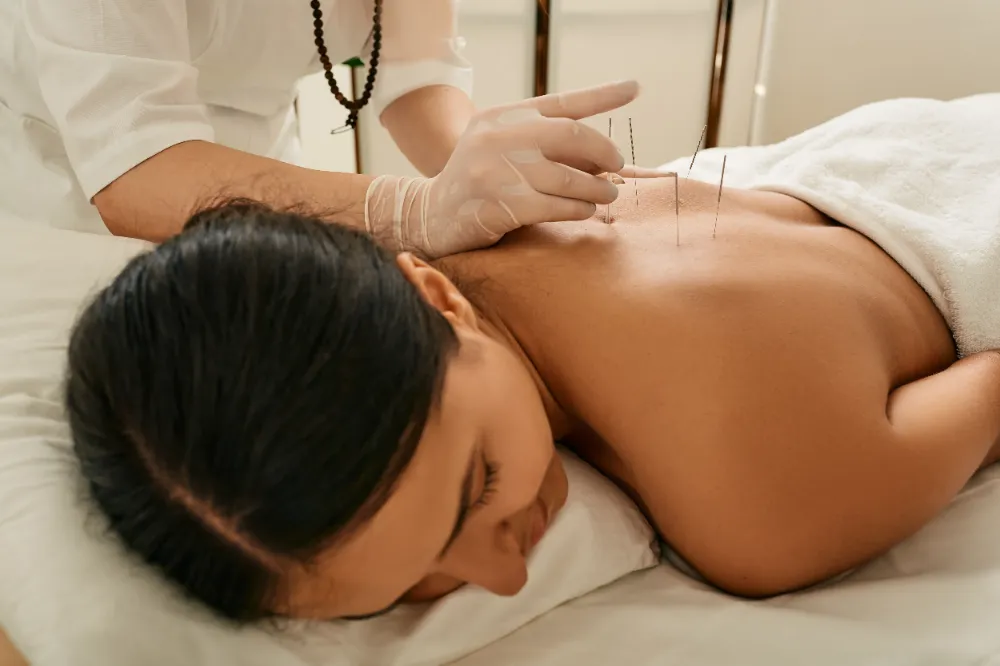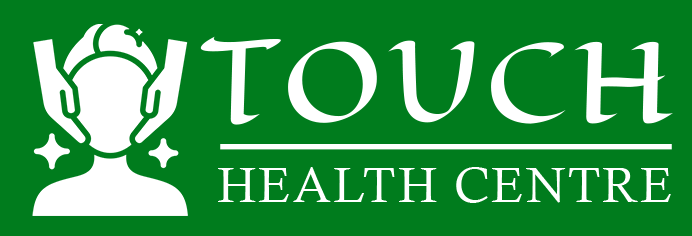Acupuncture Myths Debunked: What Science Says

BLOG POST Our Services Acupuncture Tui Na Massage Aromatherapy Massage Cupping Services Facial Treatments GET A FREE QUOTE Contact Us and Ask Us Anything Call Us at +1 (604) 831-1368 Skilled Hands. Ancient Wisdom. Lasting Relief. Make Appointment Acupuncture Myths Debunked: What Science Says Acupuncture has gained popularity as a natural healing method, but many myths still surround this ancient practice worldwide. Understanding what acupuncture truly offers requires carefully separating fact from fiction. In this blog, we’ll debunk common acupuncture myths backed by modern research to help you make informed and confident decisions about your health. What Is Acupuncture? Understanding the Basics Acupuncture is a traditional Chinese medicine technique that involves inserting thin needles into specific points on the body. It aims to balance energy flow and stimulate the body’s natural healing. Despite its long history, acupuncture sometimes faces skepticism due to misunderstandings about how it works. Common Acupuncture Myths Explained Many myths create confusion about acupuncture’s effectiveness and safety. Let’s address the most common ones. Myth 1: Acupuncture Is Painful One widespread myth is that acupuncture needles cause pain. In reality, acupuncture uses extremely thin needles that most people barely feel. Patients often describe sensations as mild pressure or tingling rather than pain. Studies confirm acupuncture is generally safe and well-tolerated. Myth 2: Acupuncture Is Just a Placebo Some skeptics believe acupuncture only works due to the placebo effect. However, scientific research shows acupuncture can stimulate the nervous system, release endorphins, and improve blood flow, contributing to pain relief and healing. For example, a 2017 review in the Journal of Pain found acupuncture more effective than no treatment for chronic pain. Myth 3: Acupuncture Can Cure Any Disease While acupuncture offers benefits for many conditions such as chronic pain, stress, and migraines, it is not a miracle cure. Acupuncture should be part of a broader health plan, including conventional medical care when necessary. What Science Says About Acupuncture Benefits Modern research supports acupuncture’s effectiveness for various health issues. The World Health Organization (WHO) recognizes acupuncture as a treatment option for over 100 conditions, including: – Chronic pain (back, neck, osteoarthritis) – Headaches and migraines – Anxiety and depression – Nausea from chemotherapy Clinical studies show acupuncture helps regulate the nervous system and stimulate natural healing responses. It is often used alongside other therapies to improve overall wellness. How to Choose a Qualified Acupuncture Therapist Choosing a licensed and experienced acupuncture therapist ensures safe and effective treatment with the best possible results. Look for professionals certified by recognized acupuncture boards and associations. Proper hygiene, sterile needles, and a clean, comfortable environment are crucial to prevent infection and promote healing. Discover Safe and Effective Acupuncture Today If you’re curious about acupuncture, consult a certified practitioner who can tailor treatments to your specific needs. Backed by scientific evidence, acupuncture offers a natural way to support your body’s healing, reduce stress, and manage pain effectively. Ready to experience acupuncture benefits? Contact us today to schedule your consultation and take the first step toward better health and lasting wellness. For more health and wellness insights and tips, explore our informative Touch Health Centre blog. Share on Social Media
